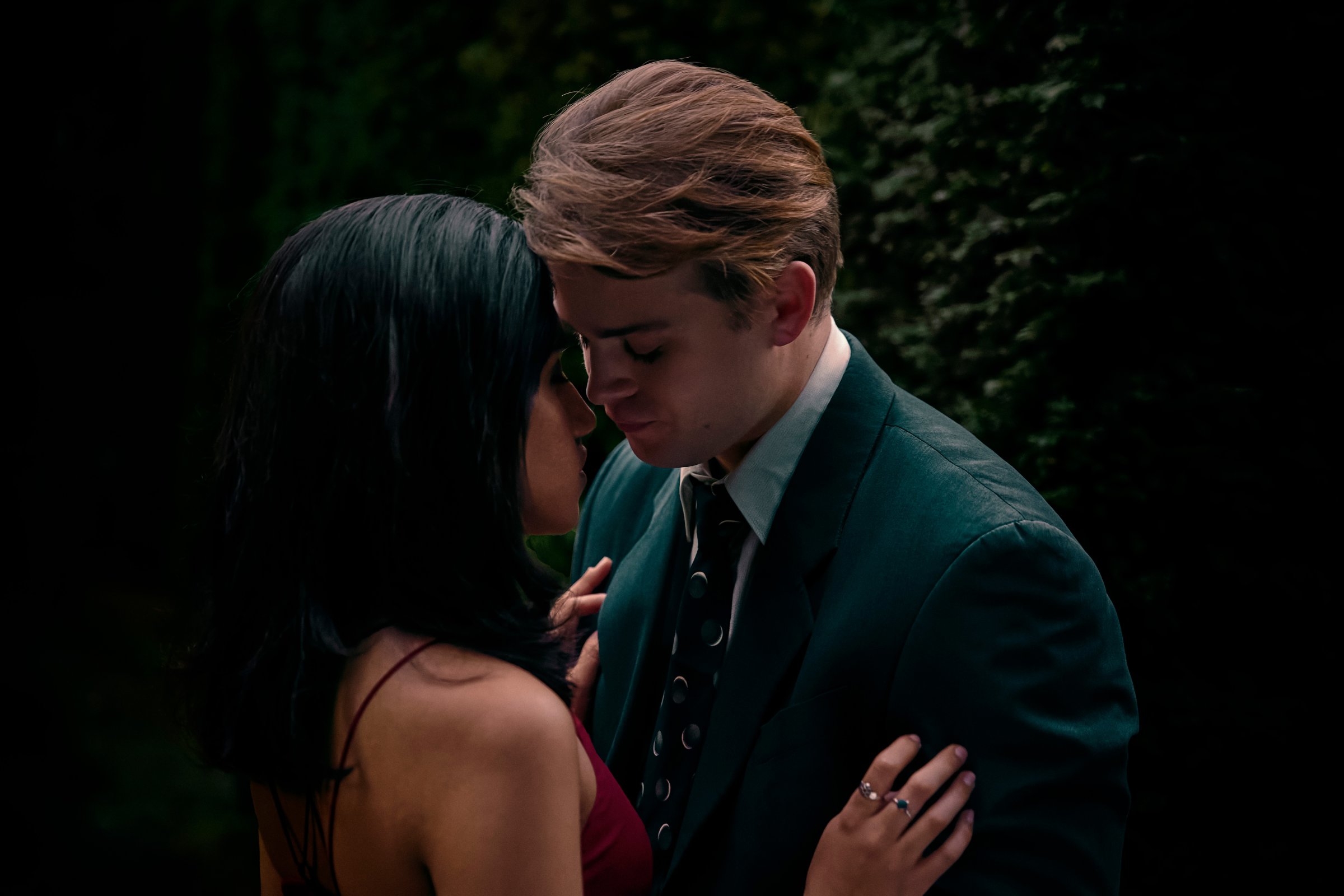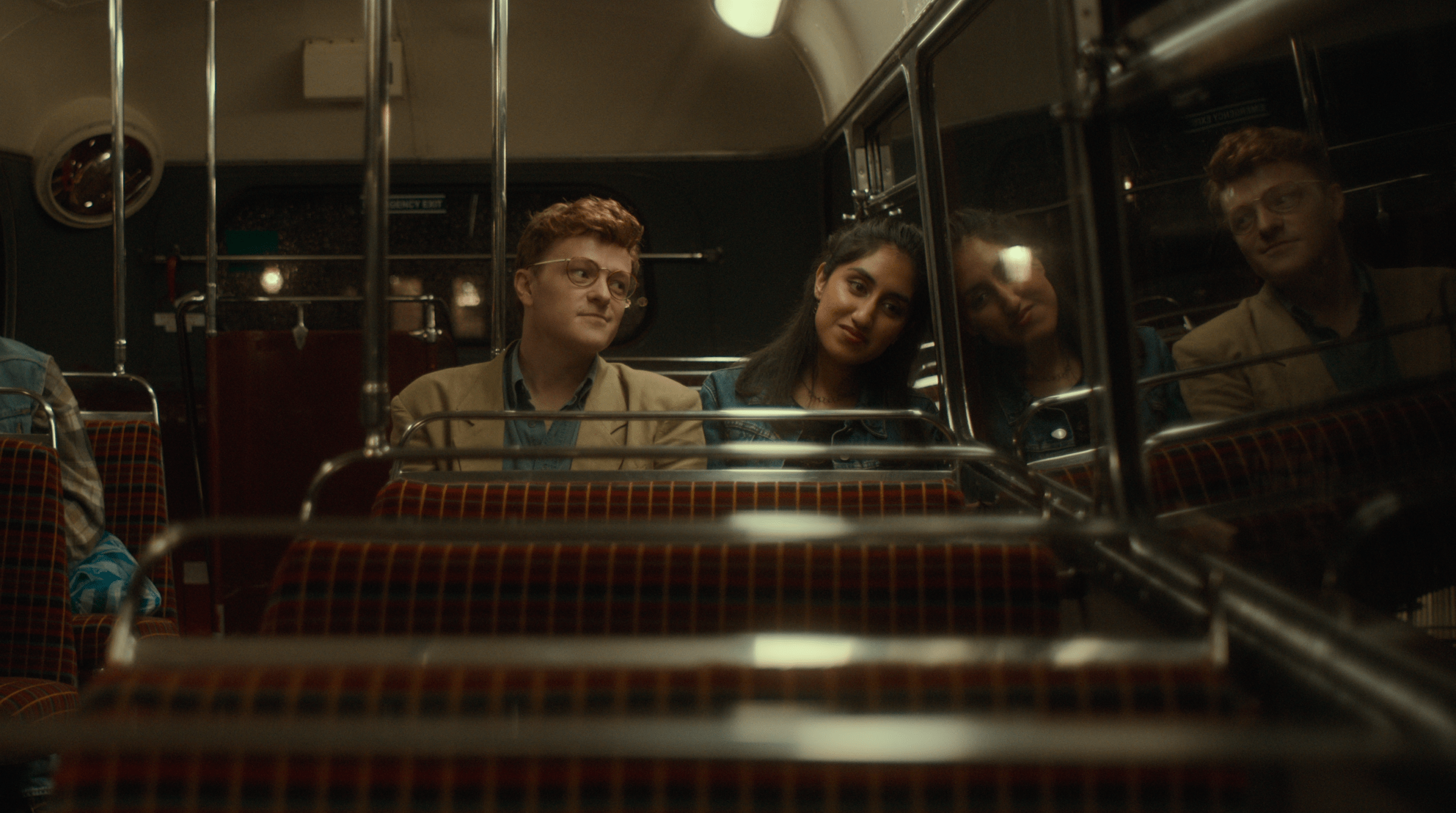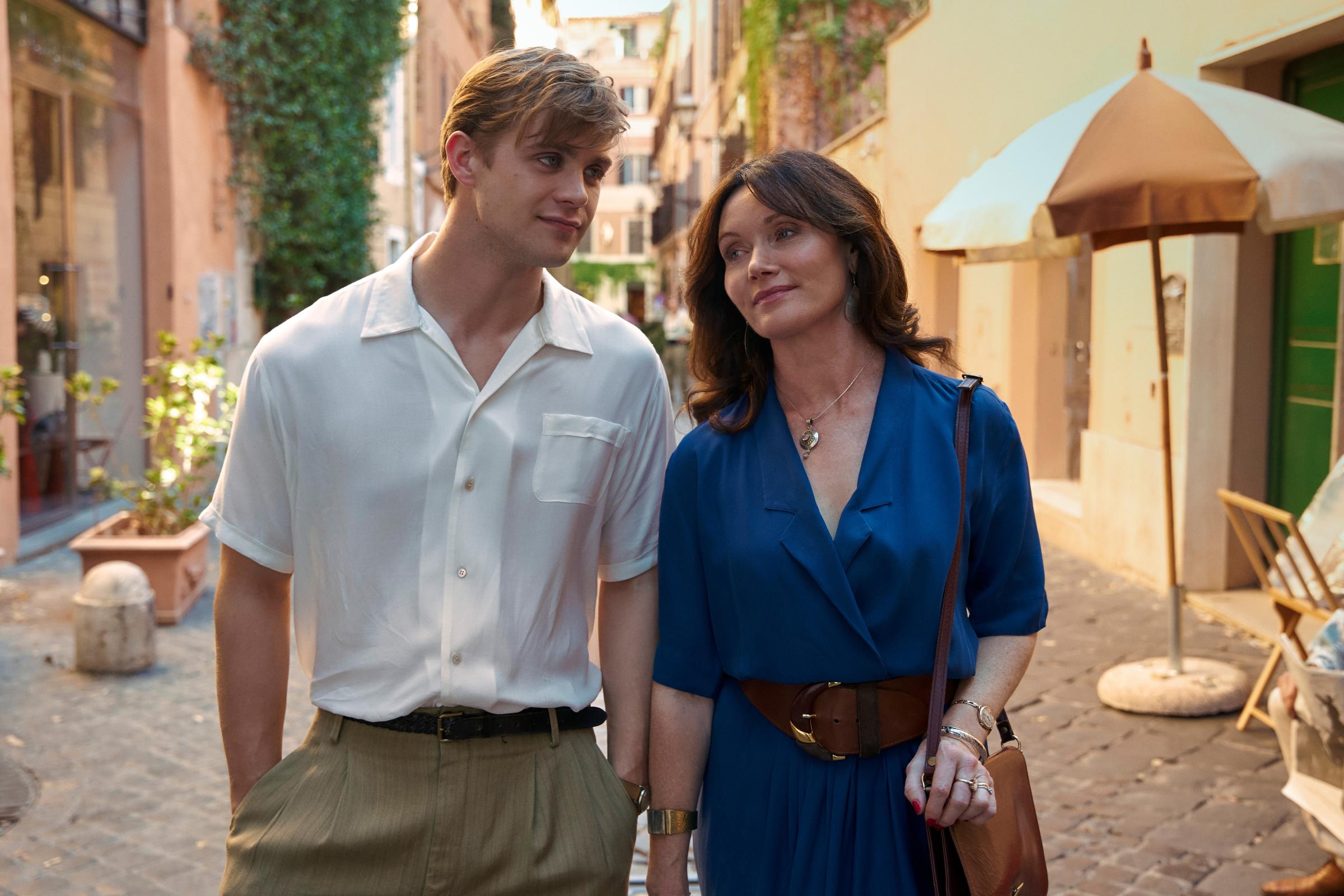
A lot happens in the first two decades of adulthood. We learn to live on our own and pay our own bills and build our careers. We dodge or succumb to temptations, accountable first and foremost to ourselves. We sign leases and maybe, eventually, take on mortgages. For many, love leads to marriage or, at least, cohabitation. We measure our convictions and ideals against hard-won experience. We have kids or, for a million different valid reasons, don’t. With any luck, by the time we hit 40, we’ll have forged a path we can feel good walking for the rest of our lives.
This second coming-of-age is the subject of One Day, a charming and perceptive Netflix dramedy that debuts on Feb. 8. The series is also a love story with a controversial ending, as millions who read the megahit novel by David Nicholls or watched the disappointing film adaptation starring Anne Hathaway and Jim Sturgess are already well aware. But it’s lead writer Nicole Taylor’s patient attention to the two protagonists’ evolution from wide-eyed students into adults weathered by life’s vicissitudes, much more than the will-they-or-won’t-they plot, that defines this lovely retelling. Even if you don’t like the destination, it’s a journey worth taking.

Spanning an eventful 19 years, the story opens hours after Dexter Mayhew (Leo Woodall from The White Lotus) and Emma Morley (Ambika Mod, who was so wonderful in This Is Going to Hurt) graduate from the University of Edinburgh, on July 15, 1988. They’re as different as two freshly minted alums of the same school could possibly be. Dex is the campus heartthrob, a classically handsome, posh Londoner who majored in partying and is looking forward to a year of travel. The star of the English department, Emma is a serious student from humble Leeds who’s active in multiple leftist causes. She wants to change the world; his only vision for the future involves fortune and fame. Though they’ve seen each other around—she in particular has noticed him—they meet for the first time at a big post-graduation bash and wind up going back to Emma’s place together. An abortive one-night stand blossoms into an unlikely best-friendship.
From there, One Day checks in with the pair on every subsequent July 15, devoting all but the last two of its 14 episodes to a single 24-hour period. Dex and Emma’s lives diverge. For a while, he coasts on his looks and charisma, as she works a series of day jobs that leave little time for her true passions. Then she slowly comes into her own, as he flails when confronted with the first real hardships of his formerly easy life. They have romances with other people but never resolve the feelings they have for one another, which flare up on Greek beaches and in Parisian apartments. They grow apart and reunite and inspire each other and make each other livid. Sometimes they’re together on the anniversary of their first encounter, sometimes not.

This structure could come off as a gimmick, and in One Day the movie—which races from one July 15 to the next, sacrificing character development in its haste to check off plot points—it does. But the series uses its more generous runtime to dig deep into the growing pains of early adulthood and how they shape the people Emma and Dex are becoming. As different as they are, and as often as they fall out, it’s always clear why these particular opposites attract. Woodall imbues Dexter with hints of sensitivity. Mod, in the harder of the two roles, plays Emma as an intellectual who’s neither nerdy nor prissy, and capable of having fun. Theirs is that alternately magical and impossible kind of friendship that expands horizons and unites antithetical ways of living. His belief in her brilliance fills her with confidence; her rigor nudges him out of complacency.
The ending, which doesn’t quite earn its abruptness and, worse, frames one character primarily as a vehicle for the other’s development, remains a problem. (A breezy Valentine’s Day binge this is not.) But everything that leads up to it, from all the witty banter to the empathy the show extends even to jealous boyfriends and angry exes, is enjoyable enough that the finale detracts less than you’d think from the overall experience. The soundtrack, packed with Britpop bangers and indie ballads timed to coincide loosely with the date of each episode, is a delight unto itself. One Day understands growing up as an adventure to be embraced, no matter where it leads, and renders each moment so immersively that Emma and Dexter become avatars for all of us.
More Must-Reads from TIME
- Cybersecurity Experts Are Sounding the Alarm on DOGE
- Meet the 2025 Women of the Year
- The Harsh Truth About Disability Inclusion
- Why Do More Young Adults Have Cancer?
- Colman Domingo Leads With Radical Love
- How to Get Better at Doing Things Alone
- Michelle Zauner Stares Down the Darkness
Contact us at letters@time.com